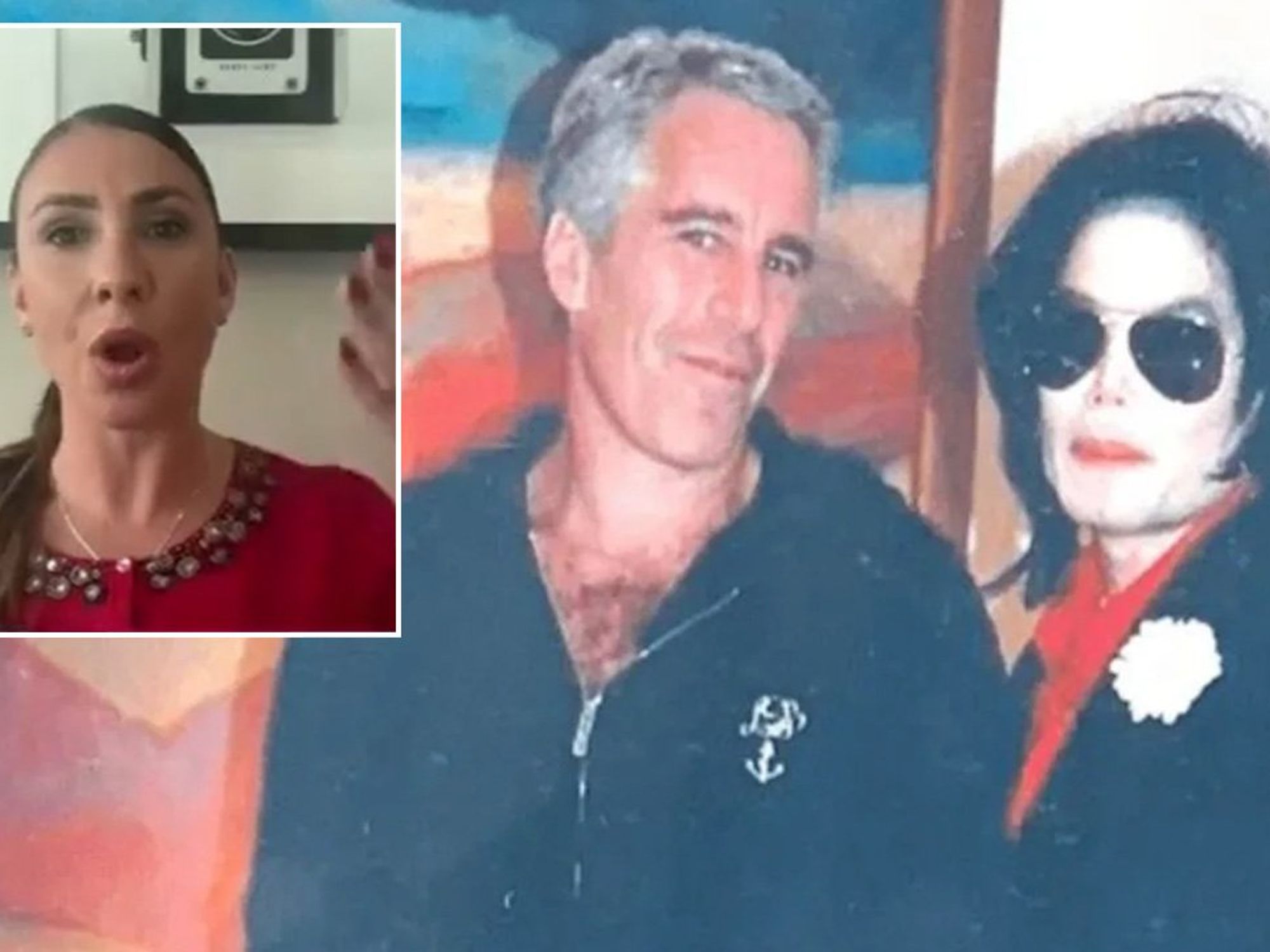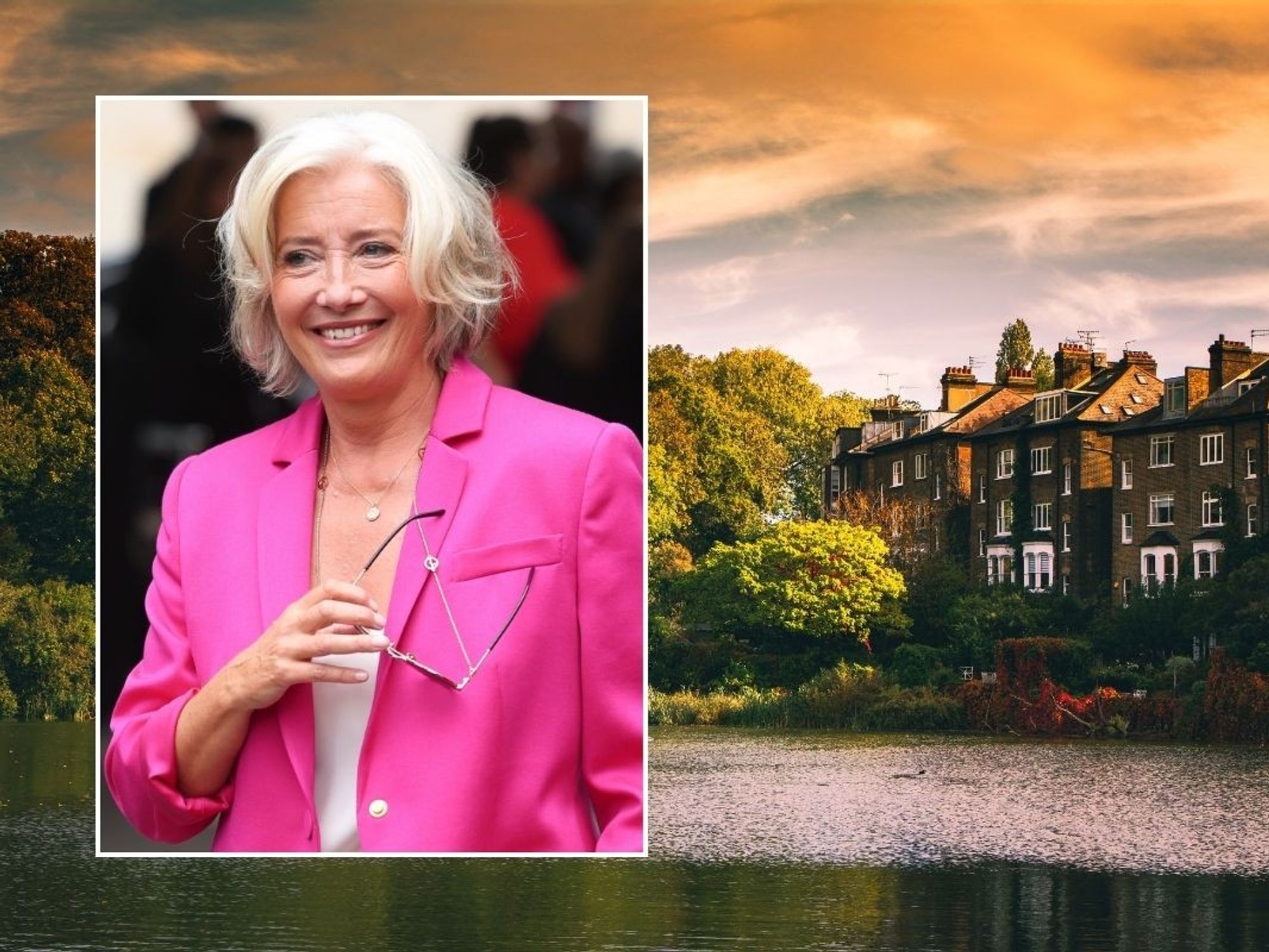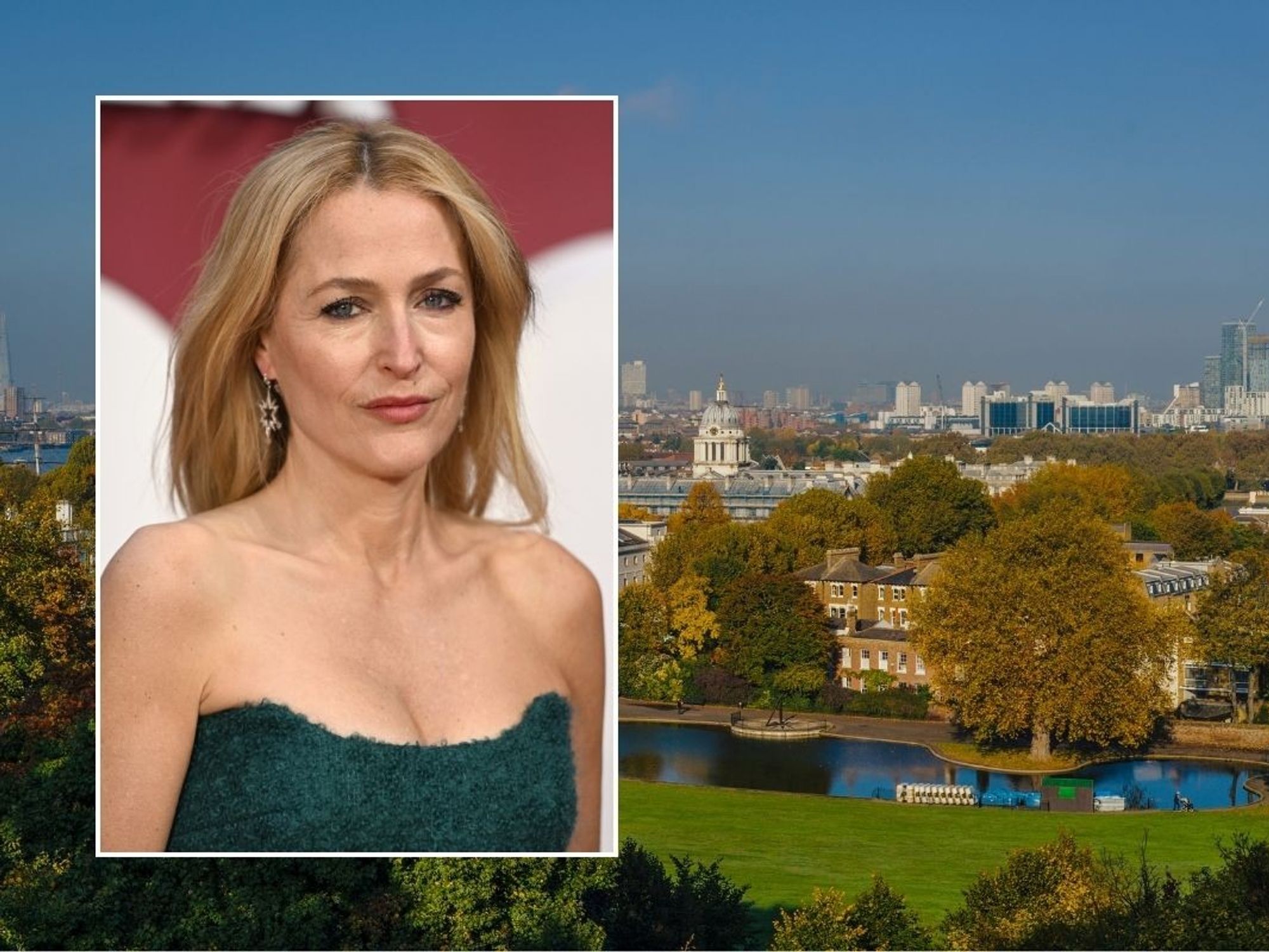TV Licence set to rise to £175 next year - but there are two ways you could cut your bill to zero

A new online petition demanding the abolition of the TV licence fee has gathered nearly 6,000 signatures
Don't Miss
Most Read
Latest
The BBC TV licence fee is set to increase in April 2024, but there are two ways Britons can avoid the fee altogether.
The TV licence is rising from £169.50 to £174.50, the UK Government has confirmed.
The increase, which works out to an extra 42p per month, comes as part of annual inflation-linked rises that will continue until 2027.
Lisa Nandy, culture secretary said: "The BBC provides much-needed programming for households across the country, including children's education, world-class entertainment and trusted news for all people in all parts of the UK."
The household payment, which funds much of the BBC's operations, can be paid monthly, quarterly or annually.

Britons who watch any kind of live TV, are expected to pay their TV Licence fee which costs £169.50 a year
| Wikimedia CommonsWho can get a BBC TV licence for free?
1. Over-75s who receive Pension Credit are eligible for a free TV licence, paid for by the BBC.
Those who think they qualify can apply through the TV licensing website or by calling 0300 790 6117. Lines are open Monday to Friday between 8.30am and 6.30pm.
Those already receiving Pension Credit, can apply for a free TV licence when they turn 74.
TV Licensing will adjust payments to cover them until their 75th birthday, after which they'll be covered by the free licence. This will be confirmed in writing.
2. Britons will also not need to pay for a TV licence at all if they don't watch or record live television programmes.
The TV licencing website states: "You don’t need a TV Licence if you never watch live on any channel, pay TV service or streaming service, or use BBC iPlayer."
A licence is not required to view user generated content, clips and videos on YouTube. This includes live streamed content that is not part of a television broadcast. Or being broadcast at the same time by other means.
Britons don’t need a TV Licence to watch on demand programmes on Netflix, Amazon Prime or Disney +. However live TV programmes on these streaming platforms will need to be covered by a TV Licence.
People can check if they need a TV licence by visiting the TV Licensing website. A colour TV licence currently costs £169.50 a year, while a black and white TV licence costs £57.
What is Pension Credit?
Pension Credit tops up weekly income to £218.15 for single people or £332.95 for couples, known as "guarantee credit". Those with disabilities could receive an extra £81.50 weekly if they receive certain benefits, including attendance allowance or PIP.
The benefit also provides access to additional support, including housing benefits, cost of living payments and winter fuel allowance.
A "savings credit" portion worth £17.01 for singles or £19.04 for couples is available to those who reached State Pension age before April 6, 2016 and saved for retirement.
Hundreds of thousands of eligible pensioners aren't claiming, missing out on around £3,500 extra annually.
A new online petition demanding the abolition of the TV licence fee has gathered nearly 6,000 signatures.
The petition, started by Alastair Horton on the UK Government's petitions-parliament website, argues: "We think the BBC is losing its popularity and we shouldn't be forced to fund it." If the petition reaches 10,000 signatures, it will receive a written response from the UK Government.
At 100,000 signatures, it could be considered for debate in Parliament.
A BBC spokesperson welcomed the fee increase, stating: "We want everyone to get value from the licence fee and we are committed to delivering trusted news, the best homegrown storytelling and those special moments that bring us together."
The BBC also plans to run its "biggest ever public engagement exercise" in 2025 to shape its future.
For households facing financial difficulties, the Government's Simple Payment Plan will be expanded. This is expected to help around 9,000 additional unlicensed households monthly by allowing them to break down the annual fee into more manageable fortnightly or monthly payments










